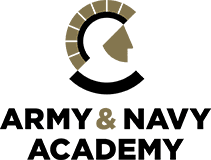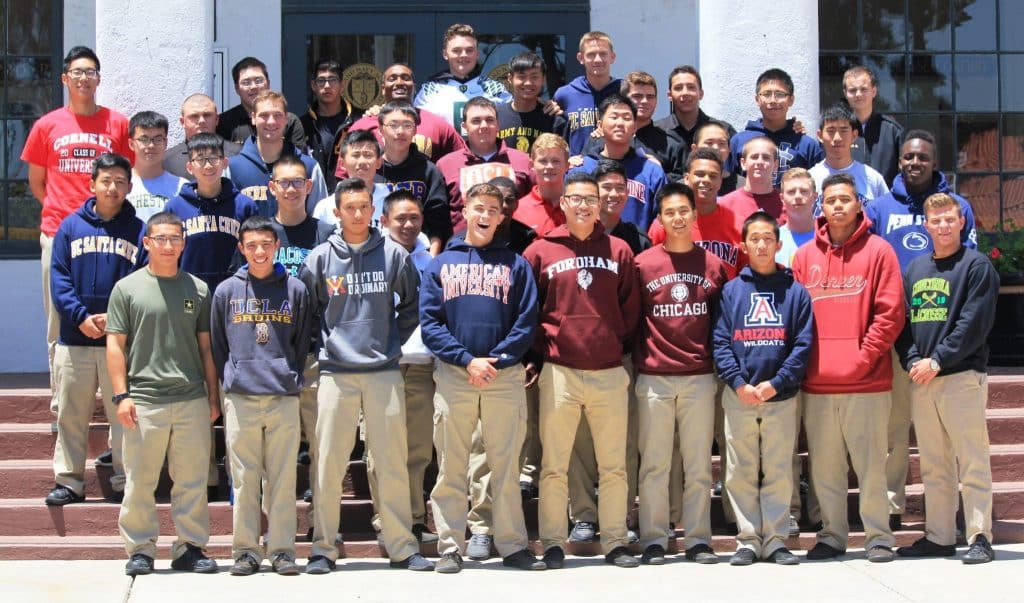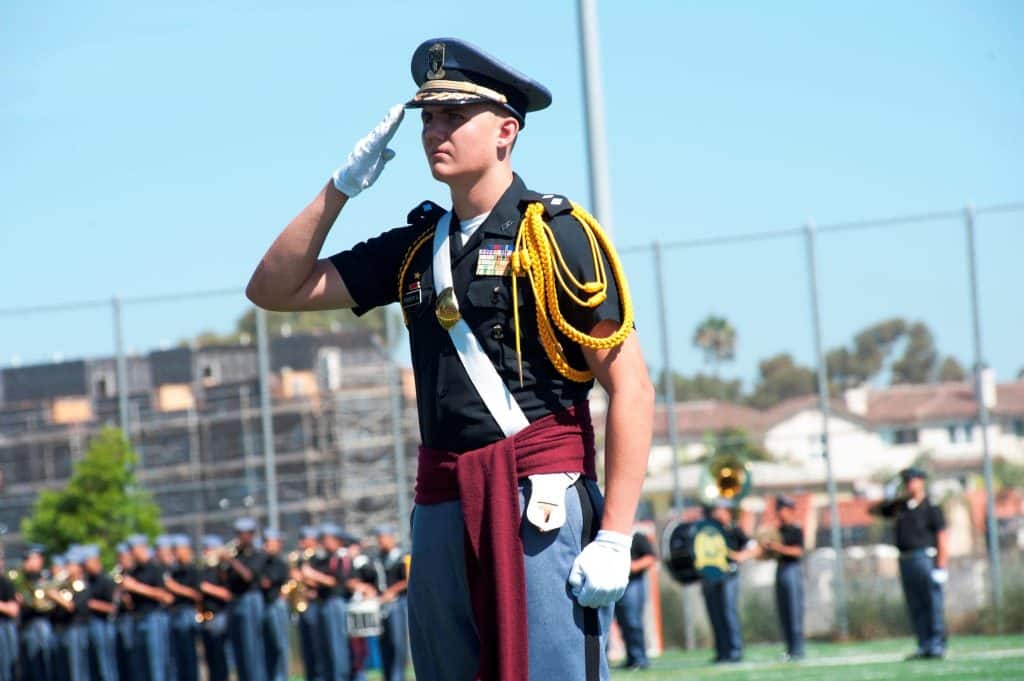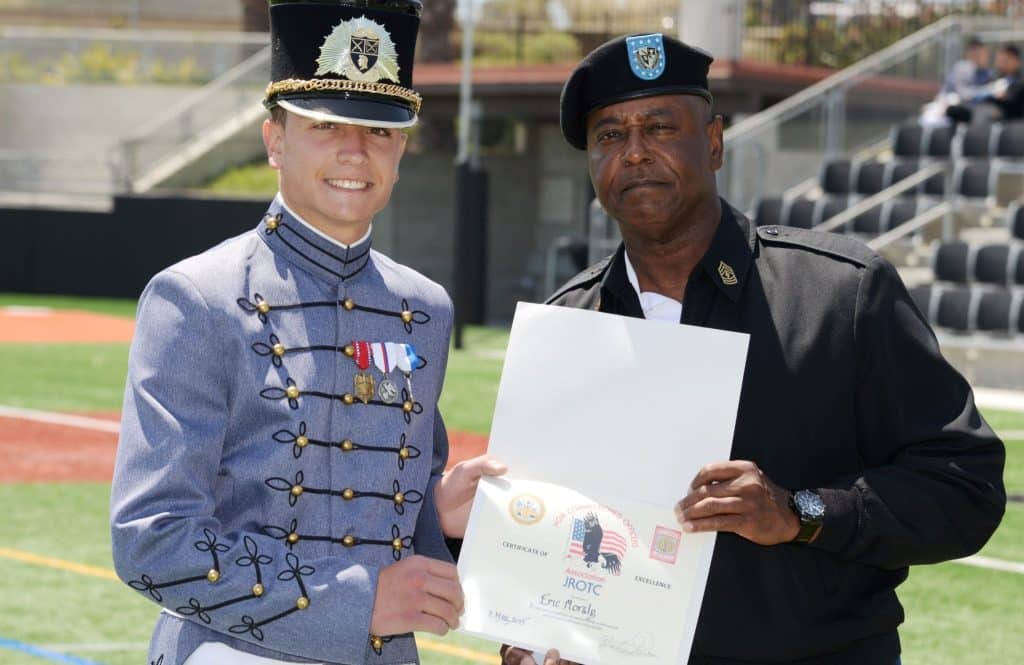According to research, approximately 87% of students attending boarding schools feel more prepared for college thanks to the time management, independence, and critical thinking skills that the boarding environment offers. The same source reveals that numbers are often much lower for students from public schools, with only 39% feeling that they are prepared for higher education.
There are a number of ways that parents can help young adults move forwards into the next stage of their lives — and more often than not, the boarding school lifestyle supplements these techniques. Following are just some of the ways that you can work alongside school environments to ensure that your teenagers are prepared for the tests that lie ahead.
Fostering Independence
Perhaps the most important skill any teen will need to survive in college is independence. To some degree, this means that when your teen asks for help navigating issues like a car repair, broken phone, or big purchase, you allow him to lead the attempt to solve the problem, with as little input as possible from you. Teaching young adults how to deal with emergency situations and complicated decisions is a crucial way to prepare them not only for college, but also the remainder of their lives.
The boarding school environment is particularly beneficial to students in this regard. For many teenagers, the move to college is the first experience they have of living away from home. Boarding school students have already adjusted to separation from their parents, and have already practiced managing their independence responsibly. This head-start for important life skills means that they are able to focus on coursework, classes, and social advancement.
Preparing for Academic Pressure
As the term “higher education” suggests, college classes are often far more challenging than high school classes and young men may need some time to adjust. Often, in preparing a teenager for college, it’s a good idea for them to learn that skills and intelligence are not fixed, but factors that grow with time and persistence.
The rigorous academic programs in place within boarding schools allows students to grow accustomed to a challenging scenario wherein they are pushed to achieve their best. In fact, schools like Army and Navy Academy go above and beyond the minimum curriculum requirements of the state, meaning that students take harder classes and do more homework than public or private school counterparts. Because of this, boarding students often learn to contribute more to their academic studies at an early age, meaning that the shift in high school to college learning is not so dramatic.
This may be why 50% of boarding school students achieve advanced degrees, compared to only 21% of public school students.
Encourage them to Set Goals
Students should have a constant set of goals that they are working towards throughout all levels of their education. In some cases, these goals may center on physical achievement – such as getting a position on a sports team, whereas others might involve achieving a high grade, or success in a leadership candidate course. The more students are encouraged to pursue positive goals, the more they will persevere, and the less likely they will be to stray into riskier behaviors.
At Army and Navy Academy, leadership and goal-setting skills are constantly promoted, as a way of delivering the values a student requires to excel later in life. At a boarding school, students have the opportunity to choose their own path, determine the achievements that matter most to them, and structure an effective schedule that puts them on the path to accomplishment.
Develop Time Management Skills
Teenagers that struggle to stay in college aren’t always having problems with the academic side of things, rather they’re struggling with time management. If students don’t turn up on time to classes, or fail to set aside enough dedicated time for study, no one will chase after them – they’ll simply end up with a bad grade. That’s why Cadets are encouraged to learn proper time management skills throughout their time at school, so that they can organize their social, academic, and extracurricular activities.
Good time management involves following a schedule and establishing goals, represented in the rigorous daily schedule of the Army and Navy Academy. The more students experience this routine, the more they develop skills like task prioritization, realistic planning, critical decision making, and working toward long term goals.
Preparing for College
Achieving success in college and later life requires discipline and dedication. The more students are encouraged to work towards their goals, explore their independence in a healthy medium, and work on their strengths and weaknesses, the more prepared they will be to tackle the challenges of later life.

Candace Heidenrich is the CEO of Aperture Advisory Associates, where she works with private secondary and higher education leaders to strengthen programs and practices. She founded Aperture in 2018 after more than a decade in a senior administrative role at a boarding school in California. Additionally, she held faculty and chair positions at private schools and colleges in Los Angeles and Ojai. Her background also includes director and executive level positions with start-ups and Fortune 500 corporations.
While earning her B.A. in Education and Humanities in the Lawrence Henry Gipson Scholar program, she studied abroad at Oxford before pursuing her master’s at the University of California, Santa Barbara. A frequent speaker at national conferences, she is a recognized thought leader and authority on enrollment management and marketing best practices.





